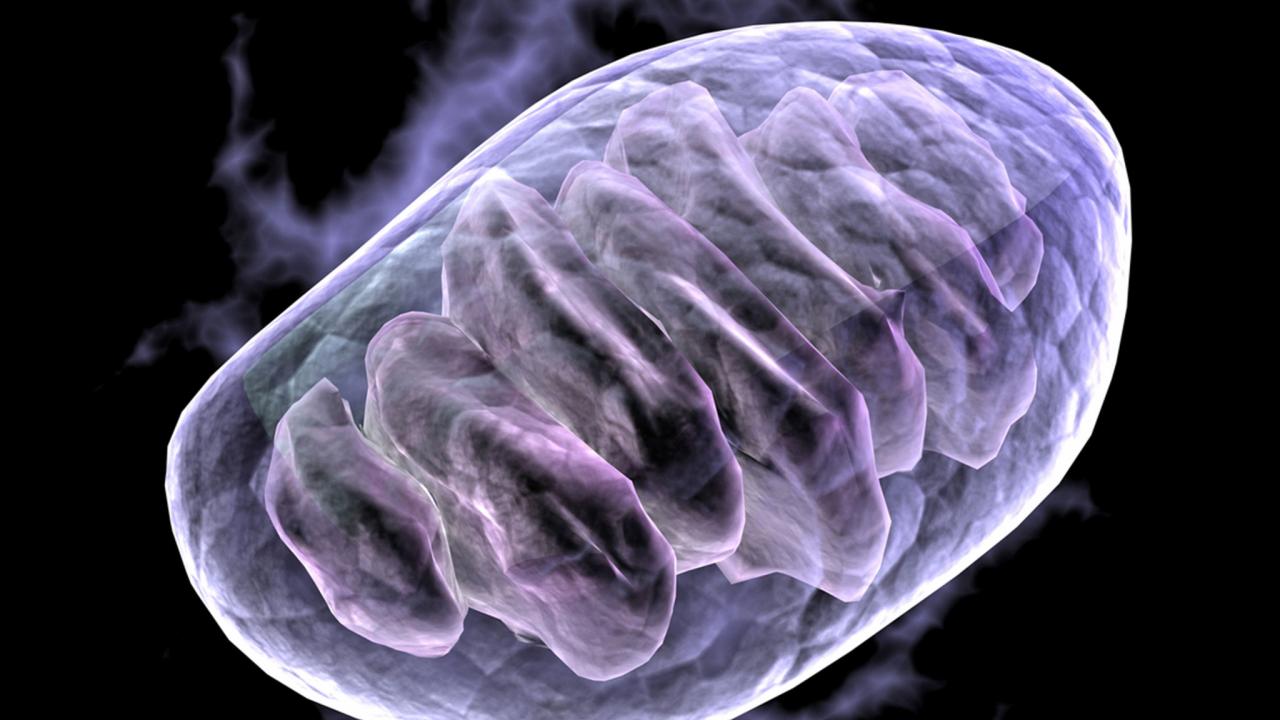New research published in PLOS Genetics concluded that anxiety disorders caused by common stressful life events may be linked to disturbances in the mitochondria.
At the start of the study, researchers at the University of Helsinki initiated a series of behavioral experiments and observations on rodents with symptoms of anxiety and depression caused by chronic stress. Changes in gene activity and protein production were measured to identify the presence of stress-response and anxiety.
The results detailed numerous mitochondrial changes in the brain cells of rodents subjected to persistent levels of stress, in which rodents with no exposure to stress showed contrasting effects.
Among the participants with a chronic form of anxiety, they exhibited differences in mitochondrial pathways, indicating changes to cellular energy metabolism as an avenue for rodents to respond to stress.
According to the findings: “Although mitochondrial pathways have previously been associated with anxiety, our hypothesis-free approach established their dysregulation as a major brain stress response.”
“Our results have uncovered an evolutionarily-conserved mitochondrial signature that characterizes anxiety-related behavior in mammals.”


